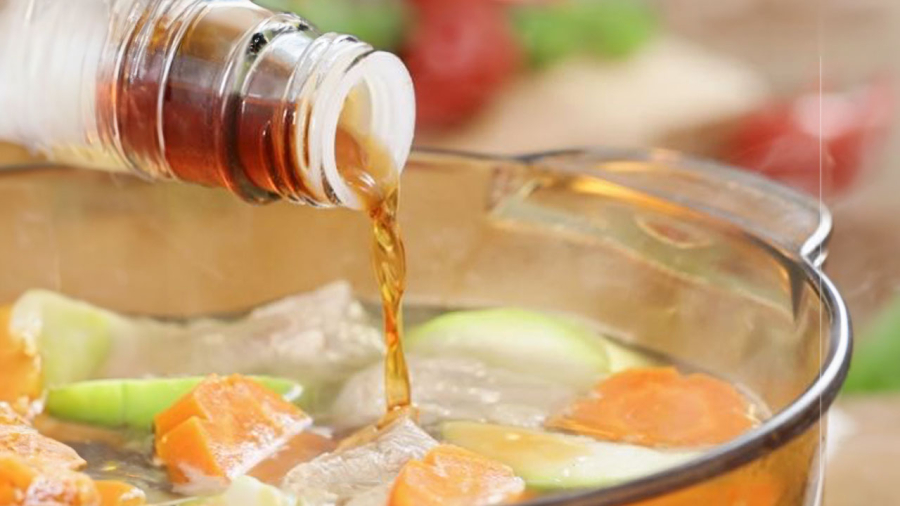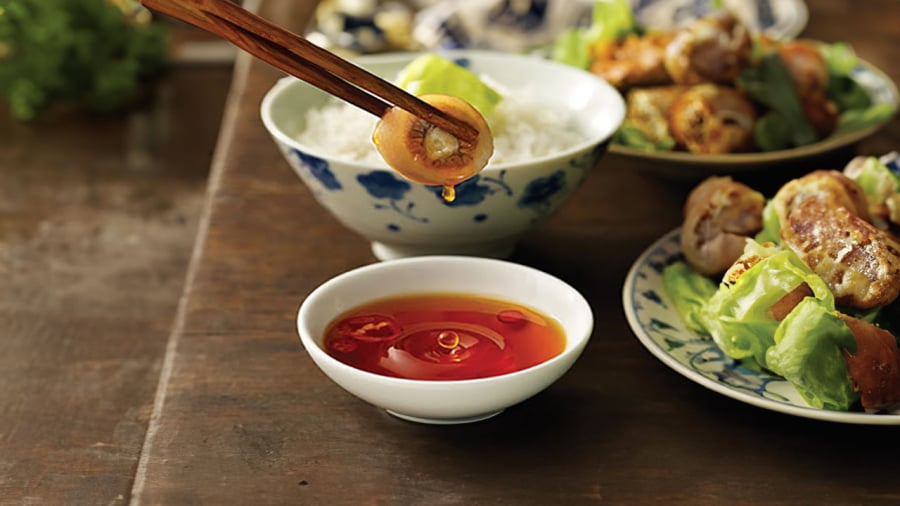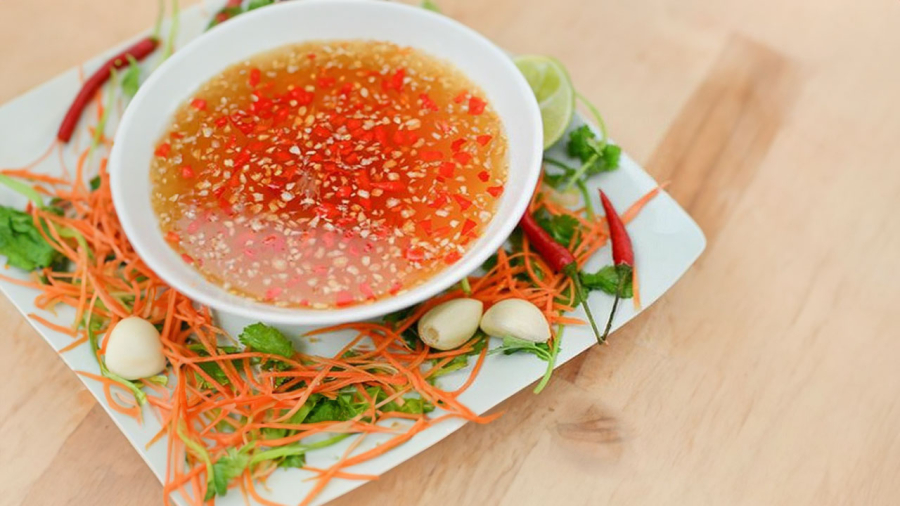Fish sauce is almost indispensable in Vietnamese kitchens. It is a seasoning that is essential in many types of dipping sauce, cooking, marinating… You should avoid the following mistakes when using fish sauce as they can turn it into a toxic liquid:
Add fish sauce to boiling food
Fish sauce has a sweet taste thanks to amino acids (protein), and that is also the nutrition of fish sauce. But adding fish sauce to boiling food reduces the amino acids, thus reducing the sweetness of the dish. Moreover, when adding fish sauce like that, the fish sauce will change from clear color to dull brown. Of course, this is premium fish sauce, industrial fish sauce will not change color like that. Therefore, add fish sauce when the food is cooked.

Boil fish sauce for too long
Boiling fish sauce for too long in a dish will make it lose its flavor and aroma. So when stir-frying or braising, you should wait until the food is almost cooked before adding fish sauce and quickly turn off the heat. For soup dishes, add fish sauce before turning off the heat.
Marinate meat with fish sauce
A common mistake when using fish sauce is using it to marinate all kinds of meat when cooking. The consequence is that your meat dish will become tough and dry. It is best to marinate meat with salt and sugar to make the meat tender. If you want the meat to be firm, you should braise it until it is almost cooked and then season with fish sauce to make it tender on the inside and firm on the outside.

Using cheap fish sauce
Cheap fish sauce not only does not meet nutritional standards but also is less safe because it contains harmful additives and may be fake fish sauce. Functional agencies have discovered cases of using industrial soda (Na2CO3) to produce fish sauce. Prolonged use of this type of fish sauce can lead to diseases such as heart, liver, kidney, nervous system, and brain if used for a long time.
Using fish sauce for children under one year old
Young children do not need to add fish sauce or salt to their meals because natural foods are enough salt for them. Moreover, children’s kidneys are still weak, so adding fish sauce or salt early will harm their kidneys. Especially, industrial fish sauce can also affect children due to the additives in it.

Sharing dipping sauce
A bowl of fish sauce is almost indispensable in the middle of Vietnamese dining table. When eating at hotels or banquets, it’s the same. However, sharing dipping sauce like this can increase the risk of H.pylori infection. Therefore, develop a habit of dipping sauce separately.
Using excessive fish sauce
Many Vietnamese people have a habit of using a lot of fish sauce. This causes excessive salt intake. Salt puts a burden on the kidneys and increases the risk of cardiovascular diseases.
Reusing fish sauce
Many families pour fish sauce to dip and don’t use it all, then store it and continue to use it the next day to save money. But this can cause illness. The act of dipping food into the fish sauce can increase the risk of contamination. But because of the characteristic smell of fish sauce, it is difficult to detect when it has spoiled. Therefore, pour a small amount for each dipping to avoid excess and save it for the next meal.
4 Strategies for Storing Chili for One Month
Do you want to enjoy the fresh, spicy flavor of chili peppers all month long? Look no further! This article provides tips and tricks for storing chili peppers so that they stay fresh and flavorful for up to a month. Learn how to best preserve your peppers and savor their zesty taste for weeks to come.



































